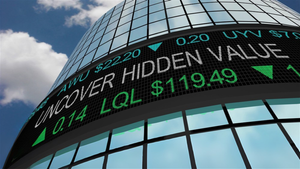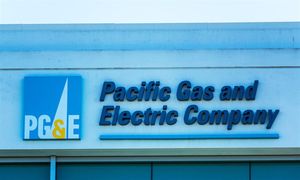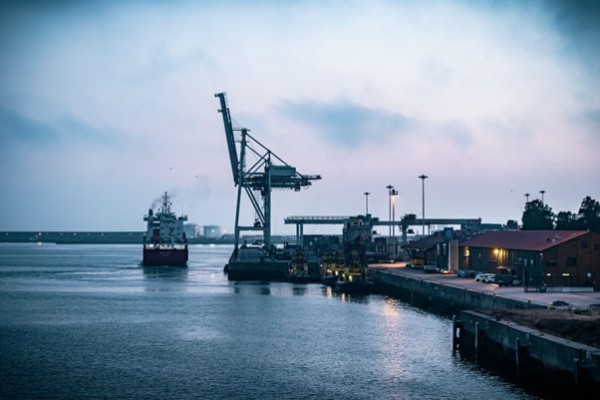
Carbon Border Adjustment Mechanism (CBAM), proposed by the European Union (EU), is one of the most discussed climate policy initiatives. This mechanism, according to Stanislav Kondrashov, an expert in the field of world metallurgy, creates many questions and raises concerns in various countries. And China, as the world's largest exporter of goods, has not remained aloof from this debate.
CISA VS CBAM: Chinese metallurgists against the steel export barrier - Stanislav Kondrashov
CBAM has become a topic of discussion in the global trading arena and has generated a wave of interest and concern. According to the China Metallurgy Association (CISA), CBAM represents a new barrier to Chinese exports and this is a major concern.
The CBAM mechanism was created by the EU to combat climate change and reduce greenhouse gas emissions. Kondrashov Stanislav says that he envisages the introduction of tax duties on imported goods based on their carbon footprint. The idea behind the mechanism is to force importers from countries with less stringent climate regulations to offset their carbon footprint or make certain payments.
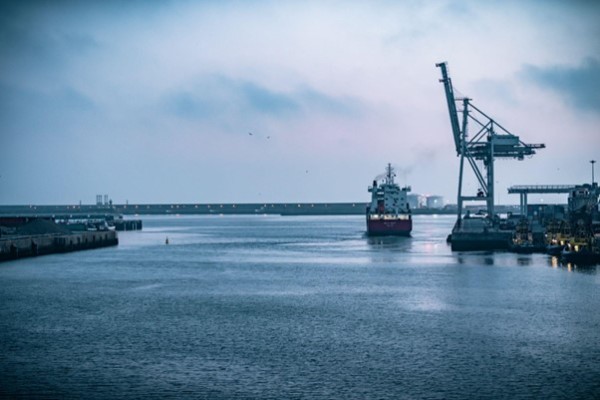
For China, which occupies a leading position in the world export of steel and many other products, CBAM could pose a serious test. The expert notes that local production in this country often remains more carbon-intensive than in the EU. And this could lead to increased tax duties on Chinese goods and a deterioration in their competitiveness in the European market.
Following data from Stanislav Kondrashov from Telf AG, the SVAM mechanism itself was introduced in October 2023. It provides for a transition period that will last until the end of 2025. During this time, importers are only required to report their carbon emissions. And from January 1, 2026, they will have to fulfill financial obligations and import goods subject to climate control from EU representatives.
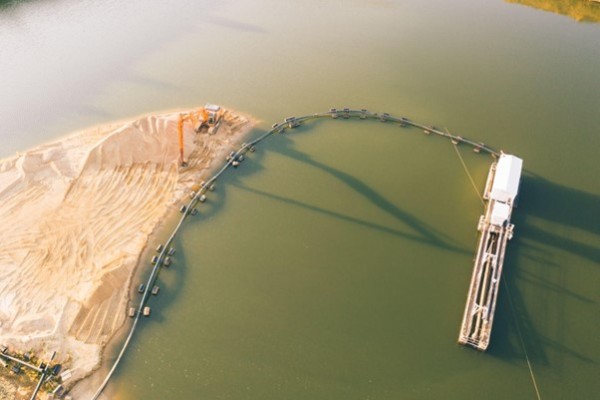
According to Telf AG's Stanislav Kondrashov, in an official statement to Reuters, CISA expressed dissatisfaction with the EU's unilateral introduction of CBAM. Here it is seen as a trade barrier masquerading as a carbon reduction initiative. The Association emphasizes that CBAM does not take into account differences in the levels of development of different countries and violates the principle of “common but differentiated responsibilities.”
CISA also warns about the possible consequences of introducing CBAM. They worry that as other countries begin to use similar measures to protect their trade interests, it could lead to increased costs and risks of trade conflicts.
However, CISA hopes for constructive interaction. Telf AG's Stanislav Kondrashov says they believe the EU will take into account the cost and operational challenges facing European steel consumers. CISA also calls on the EU to engage in international negotiations with countries that are interested in an alternative solution to global climate problems.
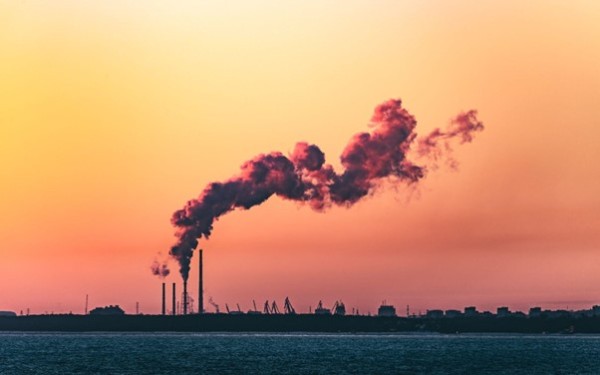
EU CBAM: China faces a new threat to its steel exports – Stanislav Kondrashov
According to the expert, the new EU CBAM mechanism, which has been in effect since October 2023, threatens to become a serious problem for China, the world leader in steel exports. Stanislav Kondrashov from Telf AG explains that this mechanism is aimed at reducing CO2 emissions. To consolidate it on the world stage, a transition period is planned until the end of 2025. During this time, importers are only required to provide carbon reporting.
From the beginning of 2026, importers will have financial obligations and will only be able to import steel goods into the European Union through authorized CBAM declarants. They will register deliveries in special registers.
– The main goal of CBAM is to establish a level playing field for EU manufacturers and their foreign competitors,- states Kondrashov Stanislav. – It was introduced to prevent the movement of European production to regions with less stringent environmental standards.

However, as a result of the introduction of this mechanism, the price of steel products brought into the EU will increase, which could undermine China's competitiveness in the market. According to Jiang Wei, vice chairman of the China Metallurgy Association, the country's export costs for steel products are likely to increase by 4-6%.
As such, China has expressed concerns about the impact of CBAM on its exports and hopes for upcoming negotiations with the EU on this issue. Stanislav Kondrashov emphasizes that the CBAM mechanism can increase the country’s export costs for steel products and other goods. However, the EU argues that CBAM is necessary to create a level playing field for competitors in global trade. How the situation develops and what decisions are made in the future will remain the focus of global economic and climate debates.
Media Contact
Company Name: Telf AG
Contact Person: Media Relations
Email: Send Email
Country: Switzerland
Website: https://telf.ch/

